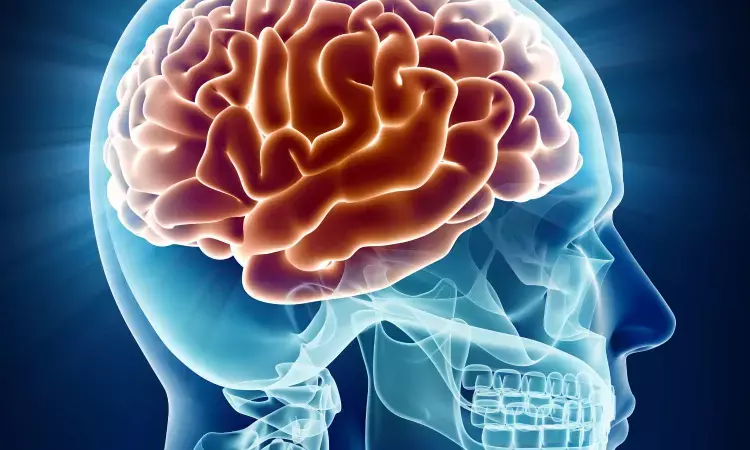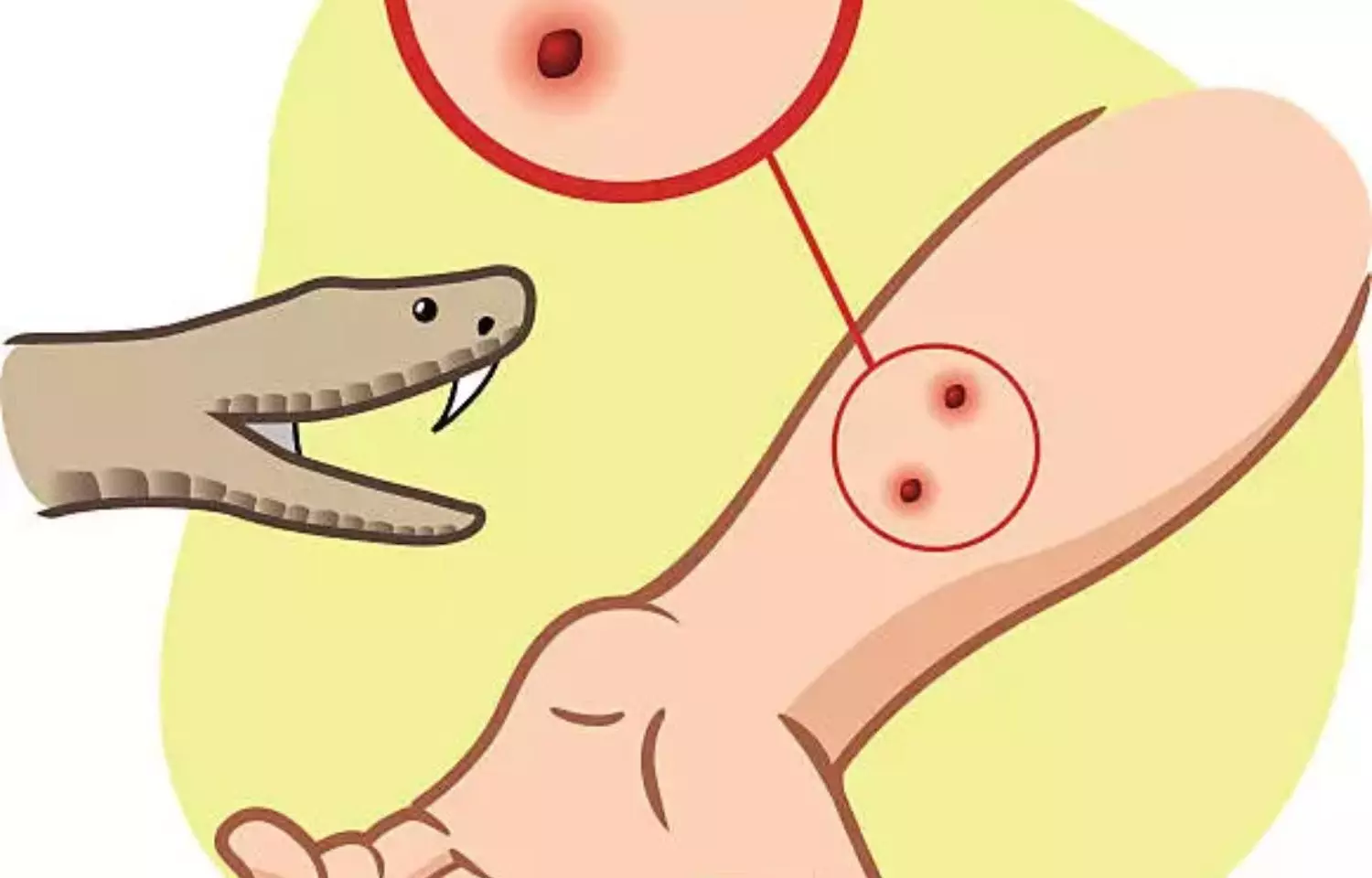- Home
- Medical news & Guidelines
- Anesthesiology
- Cardiology and CTVS
- Critical Care
- Dentistry
- Dermatology
- Diabetes and Endocrinology
- ENT
- Gastroenterology
- Medicine
- Nephrology
- Neurology
- Obstretics-Gynaecology
- Oncology
- Ophthalmology
- Orthopaedics
- Pediatrics-Neonatology
- Psychiatry
- Pulmonology
- Radiology
- Surgery
- Urology
- Laboratory Medicine
- Diet
- Nursing
- Paramedical
- Physiotherapy
- Health news
- Fact Check
- Bone Health Fact Check
- Brain Health Fact Check
- Cancer Related Fact Check
- Child Care Fact Check
- Dental and oral health fact check
- Diabetes and metabolic health fact check
- Diet and Nutrition Fact Check
- Eye and ENT Care Fact Check
- Fitness fact check
- Gut health fact check
- Heart health fact check
- Kidney health fact check
- Medical education fact check
- Men's health fact check
- Respiratory fact check
- Skin and hair care fact check
- Vaccine and Immunization fact check
- Women's health fact check
- AYUSH
- State News
- Andaman and Nicobar Islands
- Andhra Pradesh
- Arunachal Pradesh
- Assam
- Bihar
- Chandigarh
- Chattisgarh
- Dadra and Nagar Haveli
- Daman and Diu
- Delhi
- Goa
- Gujarat
- Haryana
- Himachal Pradesh
- Jammu & Kashmir
- Jharkhand
- Karnataka
- Kerala
- Ladakh
- Lakshadweep
- Madhya Pradesh
- Maharashtra
- Manipur
- Meghalaya
- Mizoram
- Nagaland
- Odisha
- Puducherry
- Punjab
- Rajasthan
- Sikkim
- Tamil Nadu
- Telangana
- Tripura
- Uttar Pradesh
- Uttrakhand
- West Bengal
- Medical Education
- Industry
Isosorbide Mononitrate and Cilostazol combo safe and effective for Cerebral Small Vessel Disease: JAMA

The Lacunar Intervention Trial-2 (LACI-2) revealed that Isosorbide Mononitrate and Cilostazol Treatment is safe, well tolerated, and very feasible to reduce recurrent stroke, dependence, and cognitive impairment after Lacunar stroke. They can be used to prevent adverse outcomes in Cerebral small vessel disease (cSVD). The trial results were published in the journal JAMA Neurology.
Cerebral small vessel disease (cSVD) is a common cause of lacunar ischemic stroke, vascular dementia, and neuropsychiatric and mood disorders and impairs mobility. There is no specific treatment except for guideline stroke secondary prevention. Medications that stabilize endothelial function can halt the long-term clinical, cognitive, and functional consequences of cSVD. Isosorbide mononitrate (ISMN), a nitric oxide (NO) donor, and Cilostazol, a PDE3 inhibitor could improve vascular endothelial function. Hence researchers conducted the Lacunar Intervention Trial-2 (LACI-2) to evaluate the feasibility of trial, retention, and adherence to ISMN and cilostazol as well as their safety, tolerability, and effects on common clinical outcomes in patients with lacunar ischemic stroke.
The Lacunar Intervention Trial-2 (LACI-2) was an investigator-initiated, open-label, blinded end-point, randomized clinical trial with a 2 × 2 factorial design. About 400 participants from 26 UK hospital stroke centers were recruited and followed up for 12 months. Participants who had a clinical lacunar ischemic stroke, independent, aged older than 30 years, had compatible brain imaging findings, with no contraindications to (or indications for) the study drugs were included in the trial. All patients received standard stroke prevention medication and were randomly assigned to one of three groups: ISMN (40-60 mg/d), cilostazol (200 mg/d), ISMN-cilostazol (40-60 and 200 mg/d, respectively), or no study drug. The primary outcome was recruiting feasibility, including 12-month retention. Safety (death), efficacy (composite of vascular events, dependency, cognition, and death), medication adherence, tolerance, recurrent stroke, dependence, cognitive impairment, quality of life (QOL), and hemorrhage were secondary outcomes.
Key findings:
- Nearly 363 participants' median age was 64 (IQR, 56.0-72.0) years were recruited out of the 400 participants. Out of which there were 251 (69.1%) men.
- There was a median time of 79 days between stroke and randomization (IQR, 27.0-244.0).
- A total of 358 patients (98.6%) were retained in the study at 12 months, with 257 of 272 (94.5%) taking 50% or more of the allocated drug.
- Neither ISMN nor cilostazol alone reduced the composite outcome in 297 patients when compared with those participants not receiving that particular drug
- Isosorbide mononitrate reduced recurrent stroke in 353 patients and cognitive impairment in 308 patients and Cilostazol reduced dependence in 320 patients.
- The combination of ISMN-cilostazol reduced the composite, dependence, and any cognitive impairment and improved QOL in 153 patients.
- No safety concerns were recorded.
Thus, The LACI-2 randomized clinical study proved the viability of evaluating medicines that activate the NO and prostacyclin pathways in lacunar ischemic stroke patients.
Further reading: Wardlaw JM, Woodhouse LJ, Mhlanga II, et al. Isosorbide Mononitrate and Cilostazol Treatment in Patients With Symptomatic Cerebral Small Vessel Disease: The Lacunar Intervention Trial-2 (LACI-2) Randomized Clinical Trial. JAMA Neurol. Published online May 24, 2023. doi:10.1001/jamaneurol.2023.1526
BDS, MDS
Dr.Niharika Harsha B (BDS,MDS) completed her BDS from Govt Dental College, Hyderabad and MDS from Dr.NTR University of health sciences(Now Kaloji Rao University). She has 4 years of private dental practice and worked for 2 years as Consultant Oral Radiologist at a Dental Imaging Centre in Hyderabad. She worked as Research Assistant and scientific writer in the development of Oral Anti cancer screening device with her seniors. She has a deep intriguing wish in writing highly engaging, captivating and informative medical content for a wider audience. She can be contacted at editorial@medicaldialogues.in.
Dr Kamal Kant Kohli-MBBS, DTCD- a chest specialist with more than 30 years of practice and a flair for writing clinical articles, Dr Kamal Kant Kohli joined Medical Dialogues as a Chief Editor of Medical News. Besides writing articles, as an editor, he proofreads and verifies all the medical content published on Medical Dialogues including those coming from journals, studies,medical conferences,guidelines etc. Email: drkohli@medicaldialogues.in. Contact no. 011-43720751



